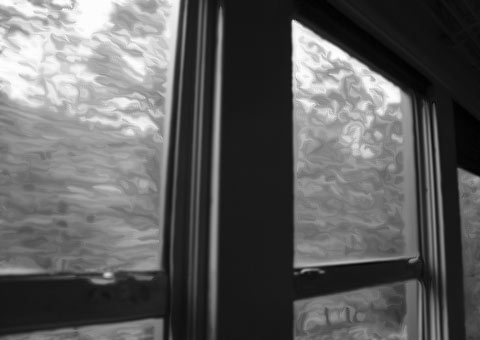
Not only is she good-looking; Tori is a woman of property. But, of course, this was not always the case.
She started with half a double on tree-lined Jardin Street. Not too shabby for a single woman seeing as Jardin was among the statelier streets in the town. There was barely a backyard, but it had high ceilings and large windows that lit up the rooms, even on dark days. A set of French doors separated the large kitchen from the oversized living room, wherein there was an old gas fireplace that a previous owner had capped.
Here, Tori lived for four years, collecting books and inkwells, tutoring reading, writing book reviews under a syndicated pen name and working as the library assistant.
When absentee landlords started renting to troubled people, Tori began to lose her love for her home. Kids without parents roamed the street all hours, blasting over their radios what Tori would never call music. They seemed to take particular pleasure in setting off illegal fireworks under her bedroom window.
Not that she didn't try to help these new neighbors. Tori may be a bit different, but she's not a snob despite what some folks think.
She tried painting the faces of the pauper children. She tried storytime at the library and read to them while they colored. She fed them, making ten-gallon pots of pasta, which is about the only thing Tori can cook.
But, it didn't work, at least Tori didn't think it had until years later when two of the children, grown and gone, returned to thank her for giving them hope.
Hope was all they had during those years when their mothers were working to keep food in their bellies and their fathers were working on second and third wives and half-brothers and half-sisters.
